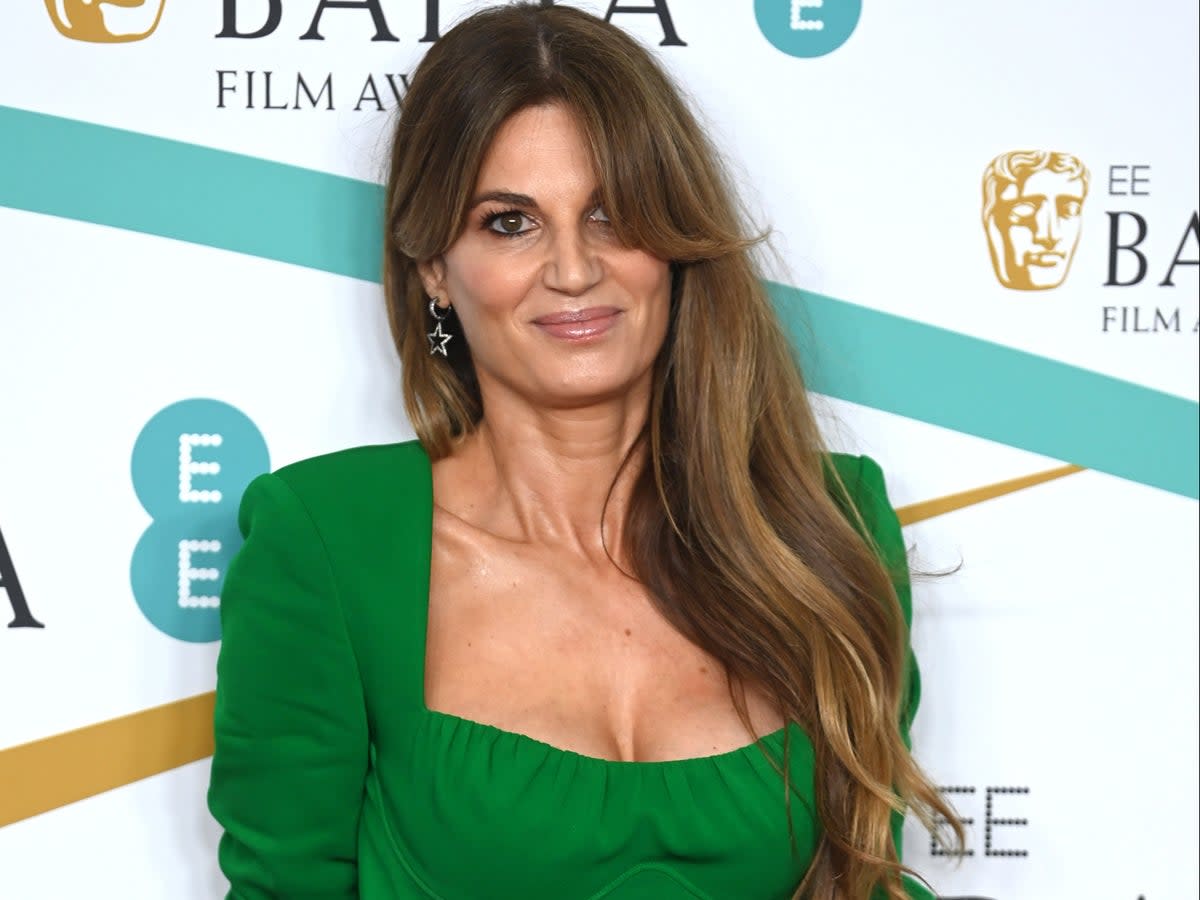Voices: Why I had an arranged marriage – and it doesn’t make me any less progressive

Let me take you through a very common conversation about arranged marriage:
“So how many men did you date before you chose the one?” a work friend inquired with a smile.
Me: “None. My husband is the only guy I dated, and if I am honest, most of the dating happened after the marriage.”
My work friend sounded disappointed: “Oh, was it an arranged marriage?”
Me: “Yes, it was.”
Work friend: “Wow. I didn’t expect you, of all people, to fall for this! How old were you? Were you happy? Is your husband from your community?”
Me: “I was 25, he is from the community, and I was, and still am, happy with the decision. I wasn’t forced into the marriage if that is what you are implying; I consented fully and freely.”
Soon after, there was a horrifying awkward silence as a group of colleagues tried to come to terms with this shocking revelation from a supposedly progressive woman. I quietly sipped my hot chocolate, astonished at the naivety underlining the barrage of questions thrown at me.
As the law changing the legal marriage age from 16 to 18 is enacted today (something I wholeheartedly support), and movie reviews of What’s Love Got to Do with Itcome pouring in – alongside Jemima Goldsmith’s comments on how she wishes she’d had an arranged marriage – the concept of anything other than a “love match” is once again under scrutiny.
Two years ago, when Ziauddin Yousafzai and Toorpekai announced the marriage of their Nobel peace prize winning daughter, Malala, they too received a significant amount of negativity. Many expressed disappointment and frustration; Malala was accused of defiying feminism by choosing to marry a Pakistani Muslim suitor at the young age of 24, and that included her parents’ consent (though the marriage wasn’t “arranged”).
Ironically, a few months earlier when Malala questioned the institution of marriage, she was applauded for her forward-thinking because it matched western ideas of liberalism. Yet she wasn’t afforded the same progressive appreciation when she pursued the more traditional choice.
Arranged marriages, also known as parents’ orchestrated alliances, are defined as marriages “where spouses are chosen for one another by third parties to the marriage such as parents or elder relatives.” As someone in a happy arranged marriage, I find value in it, and so do many of my cousins, friends and colleagues who share similar views. Am I against forced loveless marriages? Yes. Am I against child marriages? Of course. But does that mean I also reject the notion of arranged marriage? No, I don’t!
The clichéd narrative surrounding arranged marriages is often misunderstood. An arranged marriage is typically “othered” and framed from a Eurocentric-non-neutral, one-sided, limiting lens. It portrays arranged marriage as a “rigid, static, unchanging, unnuanced system”. Conversely, free choice or an autonomous marriage is seen as an “ideal” and the epitome of emancipation, progress and free will —a standard we are expected to aspire to or evolve towards. People too often equate arranged marriages with forced, loveless unions, described with words including “control”, “agency” and “choice“.
Author Naema Tahir, an Assistant Professor of Law at University College Roosevelt and a researcher at the Utrecht Centre for European Research into Family Law, argues that most literature on arranged marriage fails to explore this traditional marital system fully. Her research on understanding arranged marriages highlights that it is a tradition followed by many collectivist, community-minded cultures.
Tahir believes that while there is nothing wrong with individuation and autonomy, expecting these modern notions to be the “correct” and “only” way supports Eurocentric domination of the value of arranged marriage. She also argues that the fundamental characteristics upon which an arranged marriage rests are undervalued, ignored and arguably misunderstood – if they are known at all. The arranged marriage, she says, is seen as “a marriage of shortcomings, a marriage lacking in freedom”.
I agree that our unique profiles and the values that we uphold define who we are and should be respected and embraced. It’s about time we become more aware and respectful of "other" traditions and practices that may not be considered “mainstream.”
Just because a tradition or practice doesn’t fall within the parameters of what others deem socially acceptable doesn’t mean it’s invalid. And judging arranged marriage from a “Western individualistic” viewpoint lacks cultural nuance and fails to appreciate and acknowledge millions of people who chose an arranged marriage union.
A self-selected or autonomous marriage may be a widespread expectation, but it’s not necessarily “the only way” or even “the best way” to guarantee marital happiness.

